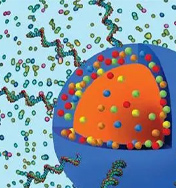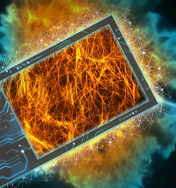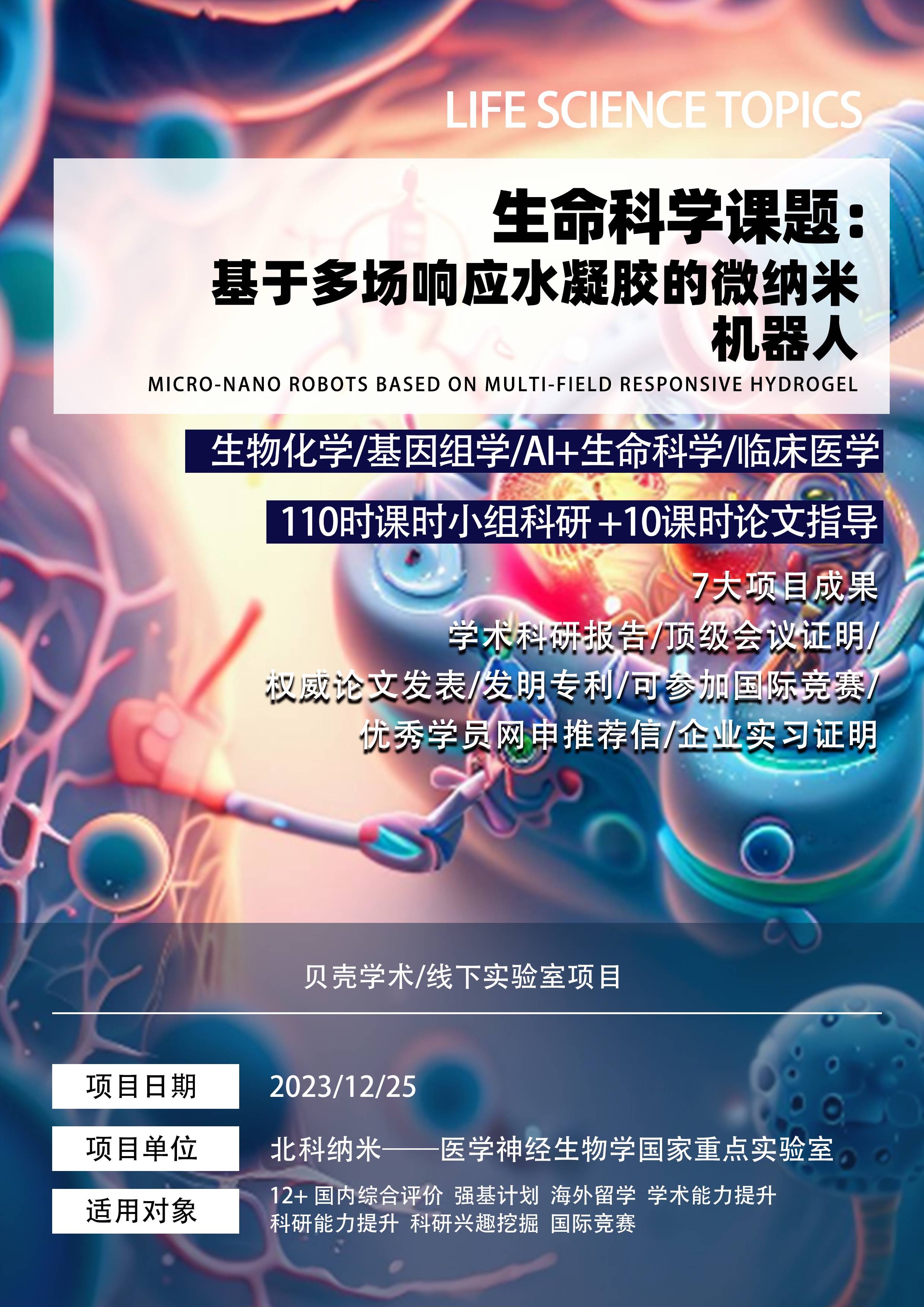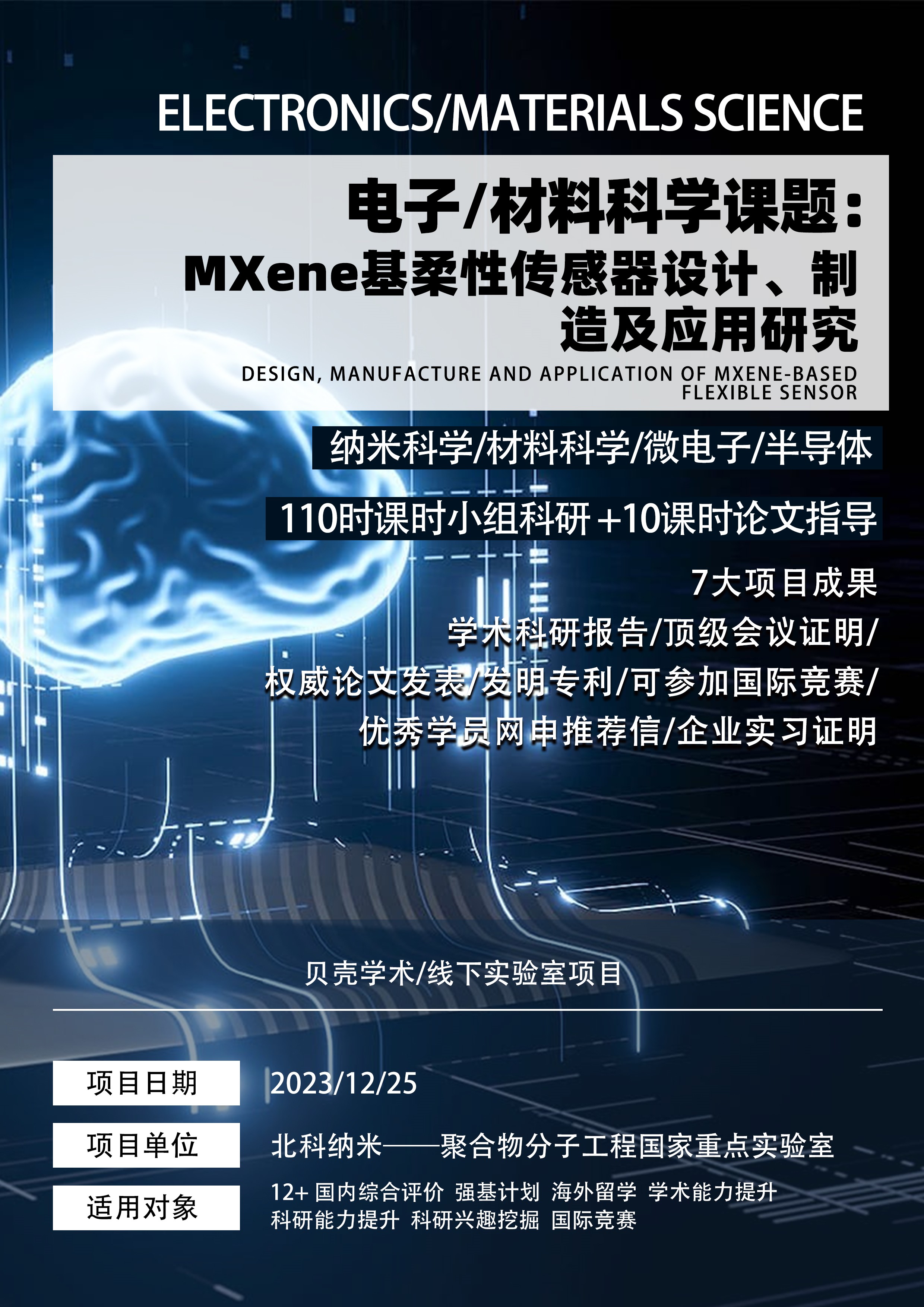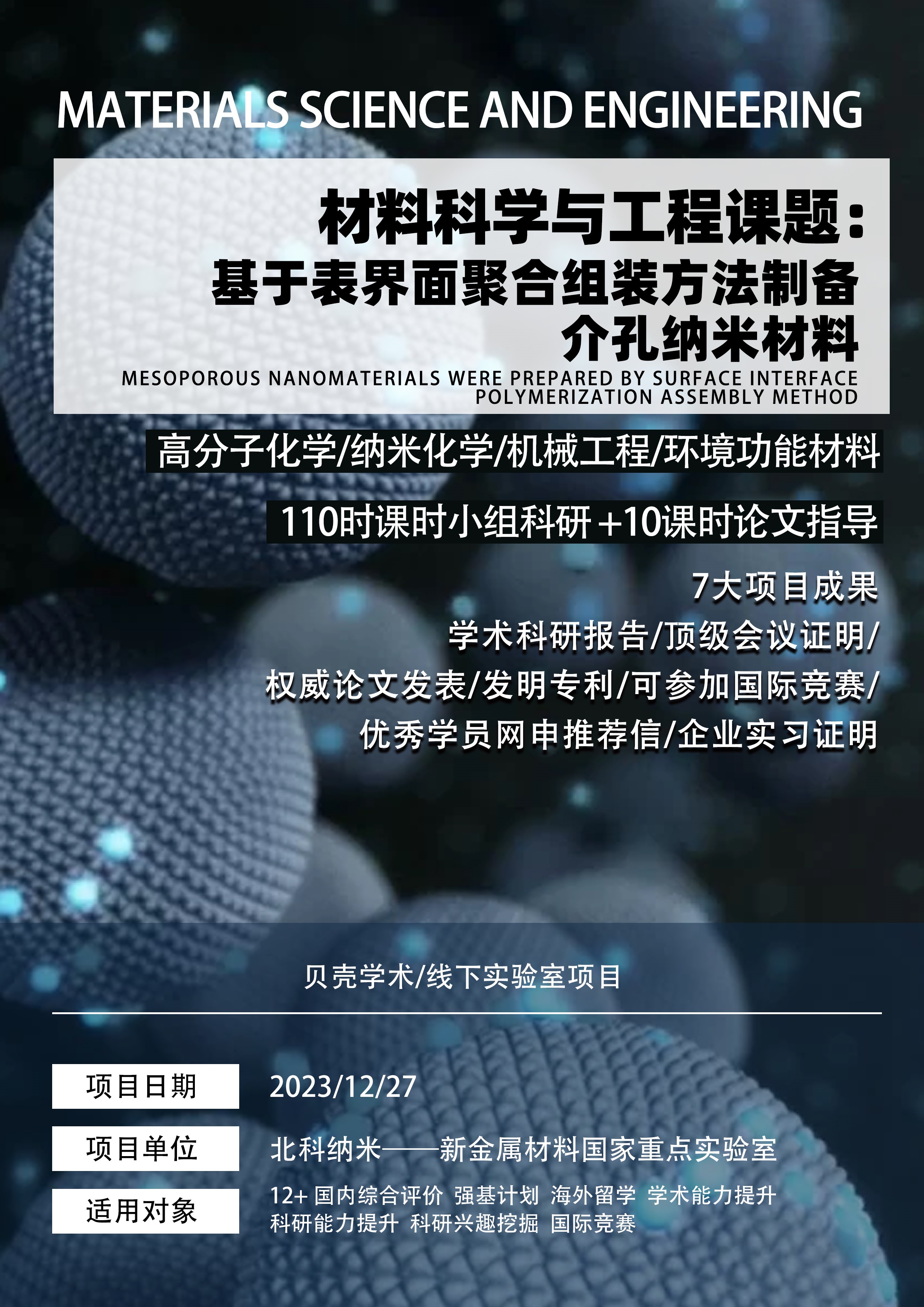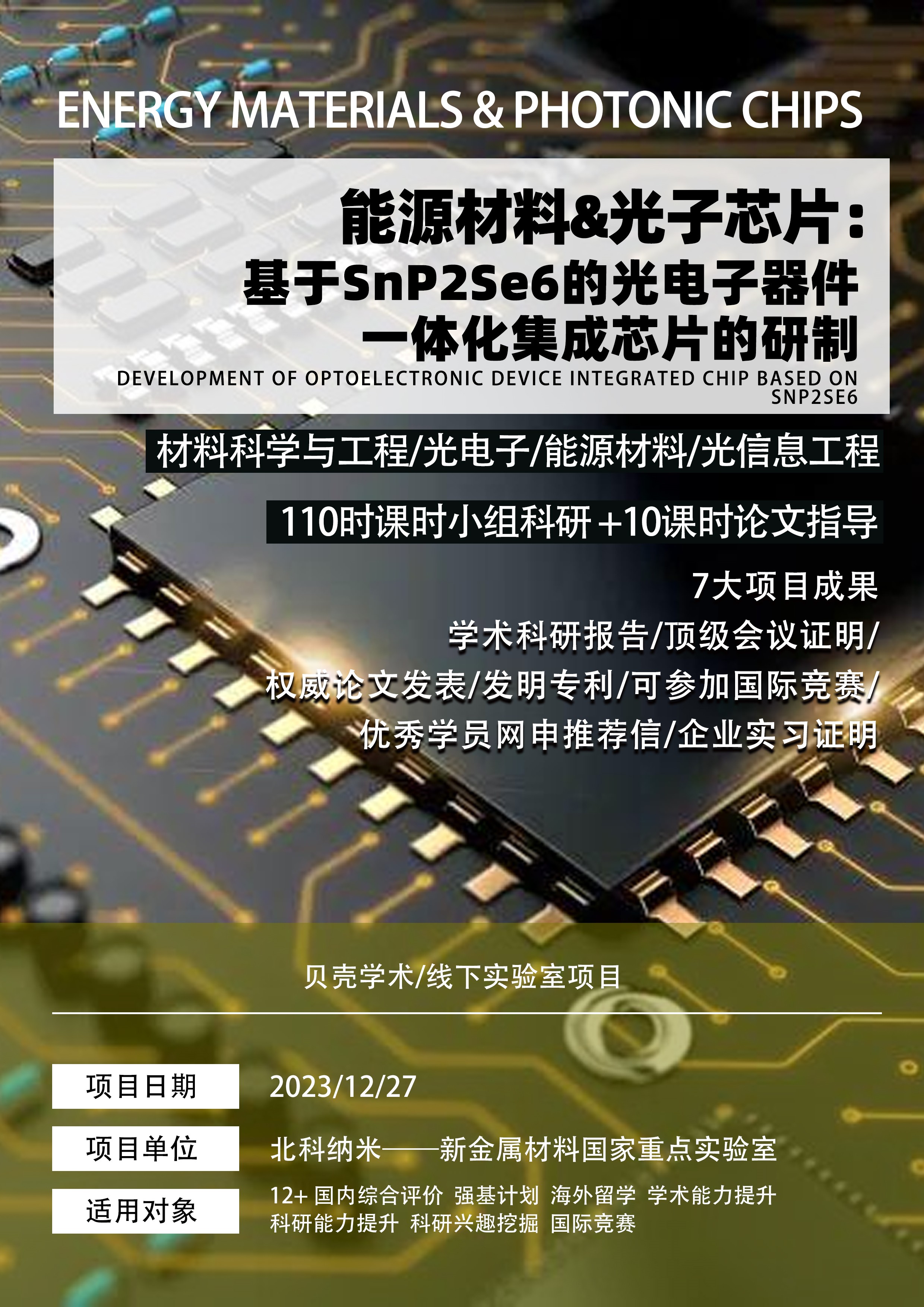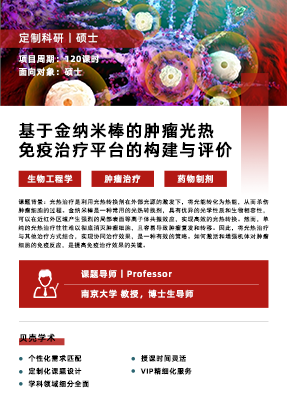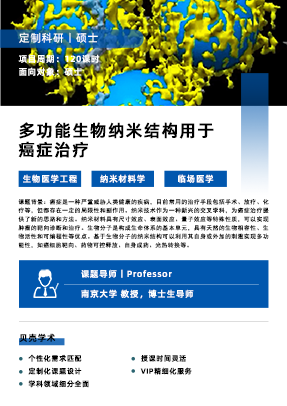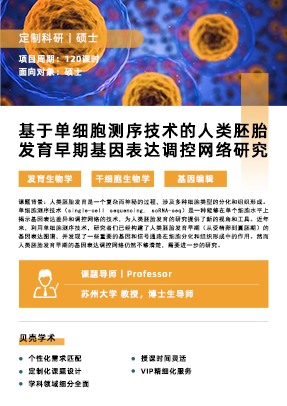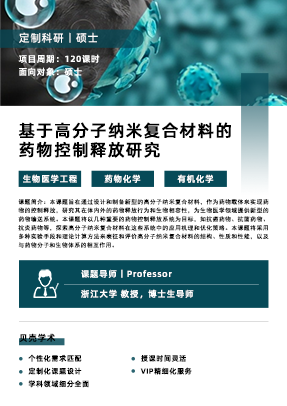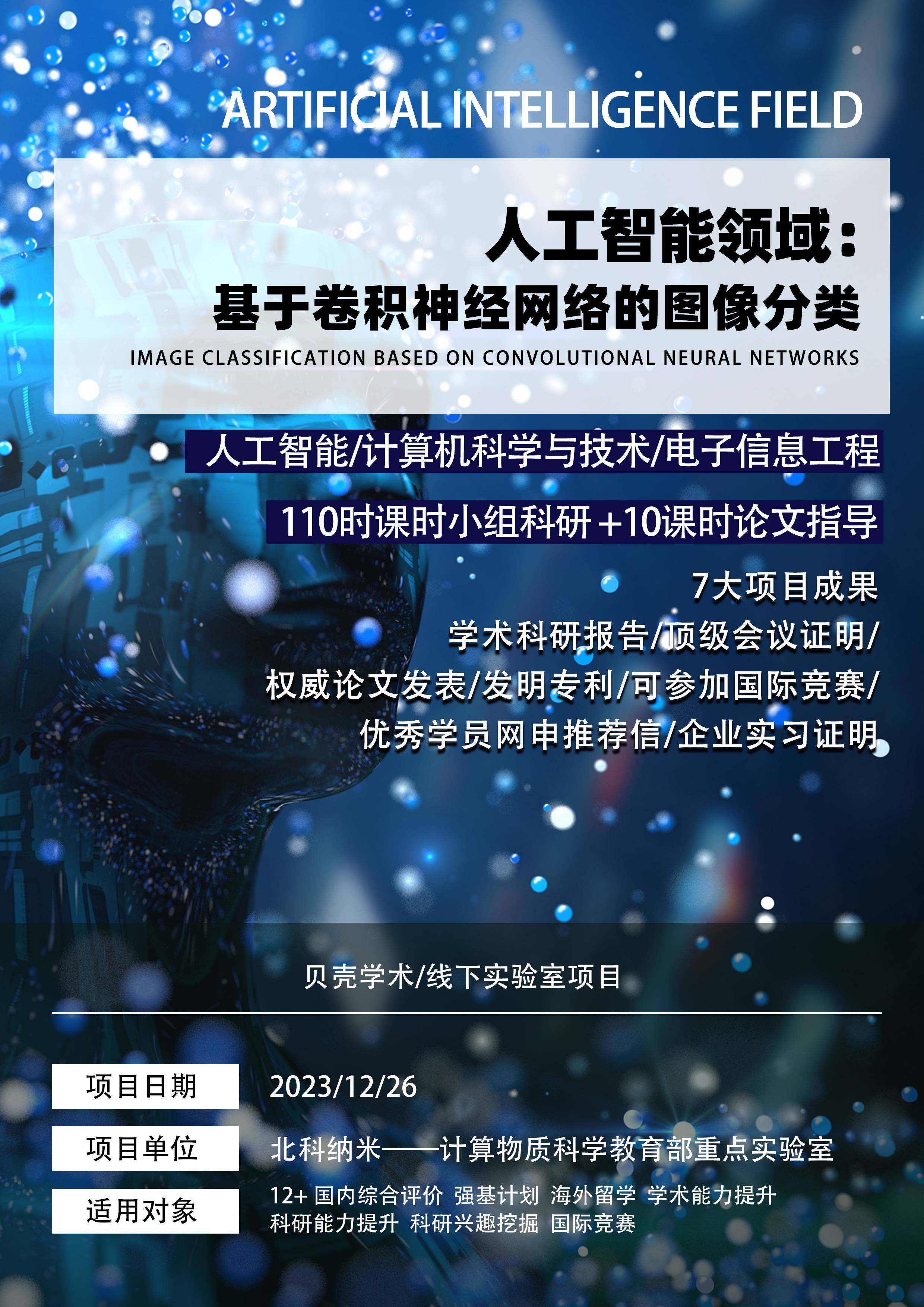
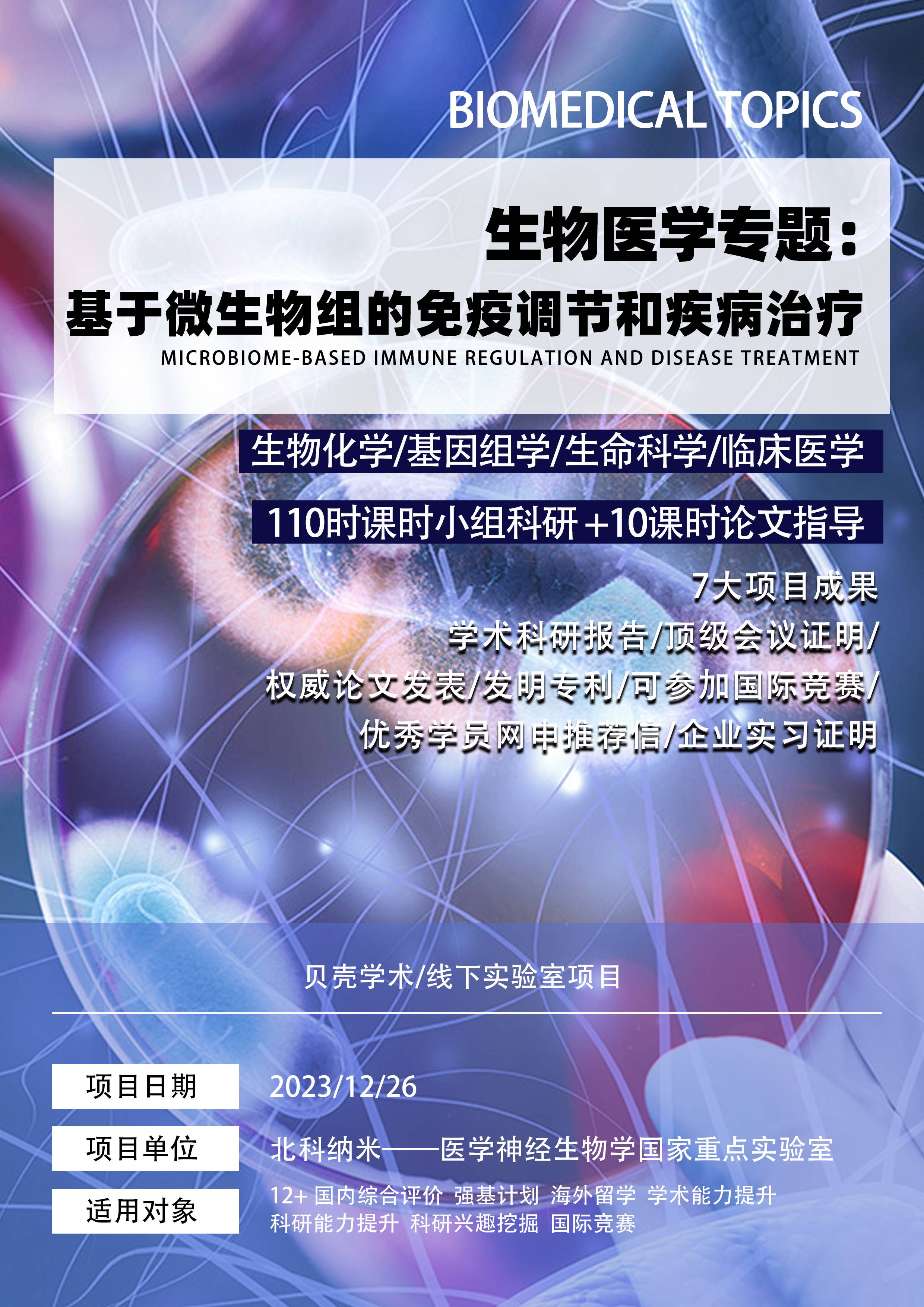

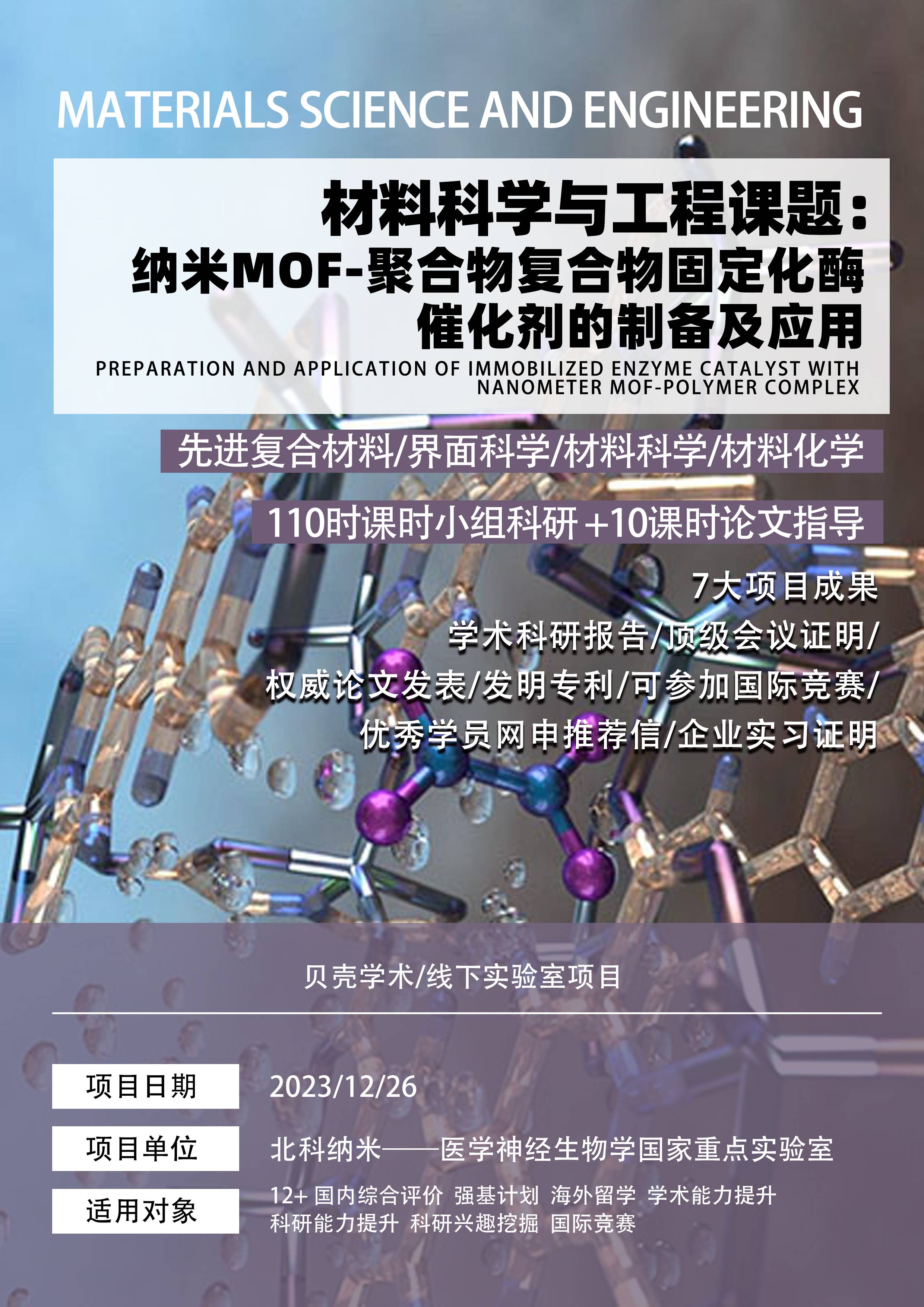
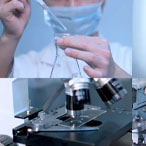




Professional R&D team
Shell Academic relies on the faculty of well-known laboratories at home and abroad to carry out a series of all-round, multi-disciplinary and cutting-edge research. The Shell professional team is composed of Beike Nano's scientific research team with rich scientific research experience and a teaching team composed of domestic laboratory teachers. It is responsible for designing and implementing scientific research training courses, guiding and evaluating the learning effects of scientific researchers, and providing consulting and coaching services to scientific researchers. Shell Academic integrates high-quality scientific research resources and establishes joint scientific research centers to promote the transformation and application of students' scientific research results and promote technological innovation and social development.
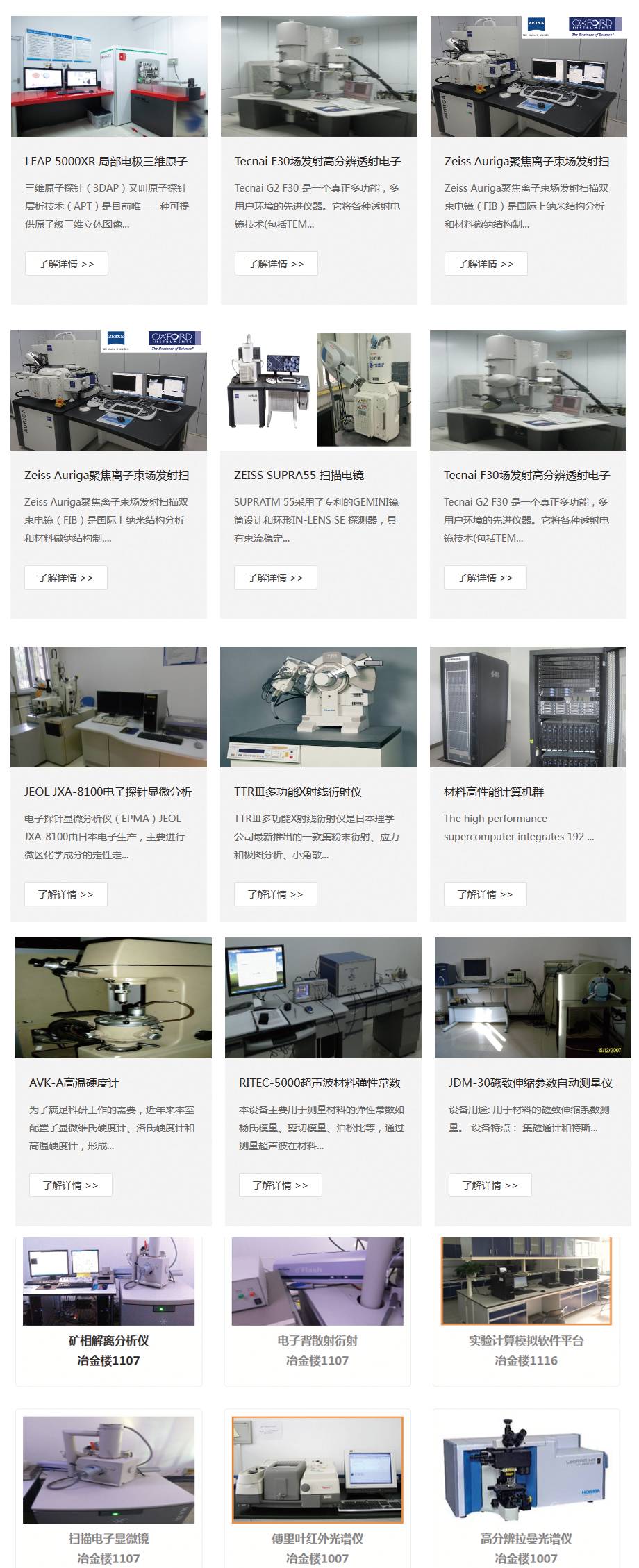
Famous Enterprises & University Resources
Headquartered in Suzhou, it has 8 branches/offices across the country
The important supporting laboratories of Shell Academic are:
Bk Nano-Fudan University School of Medicine Research Center
Bk Nano-Fudan Affiliated Cancer Hospital Medical Research Laboratory
Bk Nano-Fudan Pancreatic Tumor Research Institute Medical Research Laboratory
Bk Nano-Mass Spectrometry Analysis and Testing Research Center of Shandong Academy of Sciences
Bk Nano-Special Metal Materials Research Center, Hefei Institute of Solid State Physics, Chinese Academy of Sciences
Bk Nano-Beijing University of Aeronautics and Astronautics Research Laboratory
Bk Nano-Automation Laboratory of University of Science and Technology Beijing
Bk Nano-Tsinghua University Computational Chemistry Research Center
Bk Nonami-Changzhou Institute of Technology Carbon Fiber Industrialization R&D Center
Bk Nano-Optoelectronics R&D Center of Zhejiang Shuren University
Bk Nano-Heilongjiang University Physical Optics Research Center
Gathering of Famous Teachers, Double Tutor System
The dual-tutor system refers to a training model in which an on-campus tutor and an off-campus tutor jointly guide a student. The on-campus tutor is mainly responsible for the student's theoretical teaching and academic guidance, and the off-campus tutor is mainly responsible for the student's practical teaching and career guidance.
The purpose of the dual tutor system is to make up for the shortcomings of the single tutor system in terms of theory and practice, academic and vocational aspects, so that students can acquire comprehensive knowledge and skills in different environments, and improve students' innovation ability and employment competitiveness.
Professional focus and keeping up with the cutting edge
Shell Academic continues to innovate and pursue excellence. Maintain a high degree of enthusiasm and focus in your own professional field, constantly learn and master the latest knowledge and skills, keep pace with or lead the international and domestic research frontiers, better design high-quality projects for students, and bring more Excellent academic achievements reflect your own scientific research capabilities, add highlights to application materials, and assist in admission interviews.
Students can use the results of scientific research projects to participate in major high-value scientific and technological innovation competitions. We will continue to participate in the national college comprehensive evaluation enrollment, strong foundation plan, and study abroad as a ticket to participate in the registration. Comprehensive evaluation of admissions and foundation strengthening plan clearly states that awards at the provincial level or above in scientific research competitions can be used as registration conditions, and can be used as an important bonus point favored by tutors in the subsequent interview process.
Topic name:
Preparation of mesoporous nanomaterials based on surface-interface polymerization assembly method
Topic background:
In recent years, mesoporous nanomaterials have received widespread attention due to their unique properties and broad application prospects. The surface interface polymerization assembly method can accurately control the pore diameter, pore wall thickness, specific surface area and other parameters of nanomaterials to construct functionalized mesoporous nanomaterials.
Topic introduction:
This project uses the surface-interface polymerization assembly method to synthesize a series of mesoporous nanomaterials with controllable structures by controlling the reaction conditions. The effects of parameters such as pore size distribution, specific surface area, and pore wall structure on the material's reinforcement properties were investigated.
1. Basic principles and methods of system learning table interface aggregation assembly method
2. Explore the effects of different carriers on the polymerization process
3. Optimize the surface and interface polymerization conditions and accurately control the pore size, pore wall thickness and other structural parameters of the target product
4. Use various characterization techniques to test and optimize the properties of the prepared materials
5. Analyze the relationship between the microstructure and macroscopic properties of materials and establish the structure-property relationship
Topic content:
1. Literature research
2. Preparation of experimental materials
3. Surface and interface polymerization assembly
4. Product characterization
5. Performance testing
6. Data analysis
Innovation points of the subject:
1. Explore the influence of different media on the structure control of mesoporous materials
2. Achieve precise control of mesoporous structure parameters
3. Establish a quantitative relationship between material structure and performance enhancement effect
Research purpose:
Through the study of this topic, students can master the basic method of preparing mesoporous nanomaterials by surface-interface polymerization assembly method, and can design and synthesize mesoporous nanomaterials with different structures according to needs. At the same time, it can improve the understanding of the relationship between the microstructure and macroscopic properties of materials.
Value of research results:
Increase your influence and recognition, improve your soft power in addition to standardized test scores, fully demonstrate your academic ability to help apply for study abroad, improve the competitiveness of your comprehensive evaluation and foundation strengthening plan, and help you stand out from the fierce competition. Directly recommend to famous schools and gain the favor of these top schools!
Suitable for the crowd:
Comprehensive evaluation, strong foundation plan, talent plan, overseas study, and early establishment of a high-quality, credible, and persuasive comprehensive quality evaluation file for students will be of great benefit to students' future admission to their ideal university and their future growth path. .
Topic title:
Studying the impact of nanoparticle surface modification on physiological toxicity based on engineered Escherichia coli
Topic background:
Nanomaterials have unique properties due to their small size effect and have broad application prospects in medicine, electronics and other fields. However, nanomaterials may produce potential physiological toxicity hazards. The toxic effects of nanoparticles can be mitigated using different surface modifications.
Topic introduction:
This project uses Escherichia coli as an engineering strain model to examine the effects of different types and densities of surface modifications on the physiological toxicity of nanoparticles, providing theoretical support for the design of safe nanomaterials.
Topic details:
Systematically study the mechanisms and evaluation methods of nanotoxicity
Construction of E. coli sensor strains carrying fluorescent reporter genes
Optimize grafting conditions for different types of modifiers
Test the growth inhibitory effects of different modified nanoparticles on engineered bacteria
Analyze the relationship between surface modification and physiological toxicity of nanoparticles
Topic content:
Literature research
Experimental material preparation
Construction of Escherichia coli sensor strain
Nanoparticle surface modification
Toxicity Test Experiment
Data Statistics and Analysis
Innovation points of the subject:
Construction of engineered strains for high-throughput nanotoxicity screening
Systematic investigation of the effects of different types of modifiers on the toxicity of nanoparticles
Modeling the quantitative relationship between surface modification and nanoparticle toxicity
Research purpose:
Through the study of this topic, students can master the methods of surface modification of nanoparticles and be able to design and construct safe nanocarriers as needed. At the same time, we will enhance our understanding of the biological effects of nanomaterials.
Value of research results:
Increase your influence and recognition, improve your soft power in addition to standardized test scores, fully demonstrate your academic ability to help apply for study abroad, improve the competitiveness of your comprehensive evaluation and foundation strengthening plan, and help you stand out from the fierce competition. Directly recommend to famous schools and gain the favor of these top schools!
Suitable for the crowd:
Comprehensive evaluation, strong foundation plan, talent plan, overseas study, and early establishment of a high-quality, credible, and persuasive comprehensive quality evaluation file for students will be of great benefit to students' future admission to their ideal university and their future growth path. .
